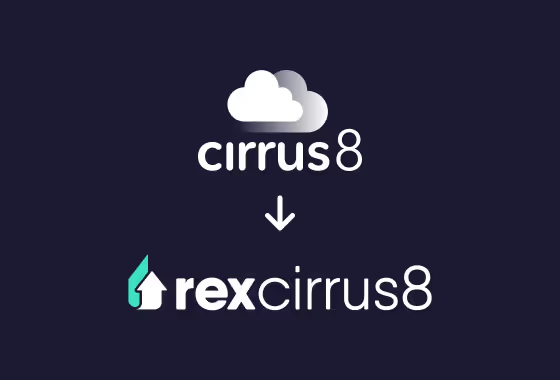The rise of smart buildings: How technology is transforming commercial real estate
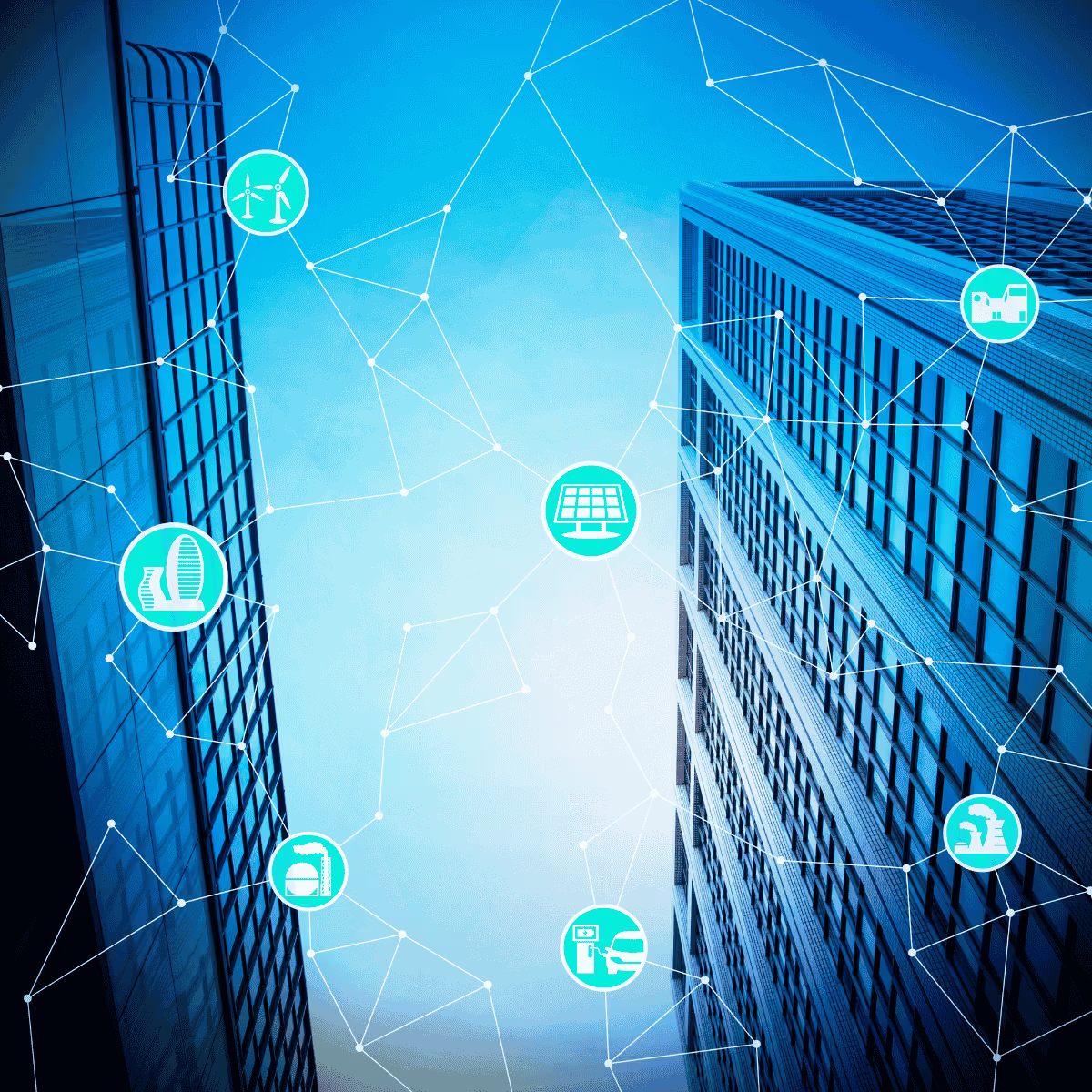
The commercial real estate (CRE) industry is undergoing a profound transformation, driven by rapid technology advancements. Smart buildings – equipped with cutting-edge automation, artificial intelligence (AI), and the Internet of Things (IoT) – redefine how businesses manage spaces, optimise efficiency, and enhance the occupant experience. The initial focus on convenience has advanced to sustainability, cost-effectiveness and long-term value creation. The smart building market in Australia is expected to reach a projected revenue of US $8,970 million by 2030 (Horizon Grand View Research).

What are smart buildings?
Smart buildings are not a new concept, the idea has been around for a long time. Due to modern advances in technology, it is only recently that they have been implemented properly. Smart buildings leverage integrated technology systems to automate and optimise building operations. These systems encompass heating, ventilation and air conditioning (HVAC), lighting, security and energy management. Sensors, data analytics and AI-powered automation allow buildings to respond dynamically to environmental conditions and occupant needs.
Key features of smart buildings
- IoT-enabled sensors: Monitor air quality, temperature, occupancy and lighting levels to improve efficiency
- AI-driven automation: Smart algorithms adjust building conditions in real time to maximise comfort and energy savings
- Cloud-based management systems: Provide remote access to building data and controls for facility managers
- Enhanced security solutions: Biometric access control, facial recognition and smart surveillance systems bolster safety
- Sustainable design elements: Integration of renewable energy sources and efficient water management systems reduces environmental impact.
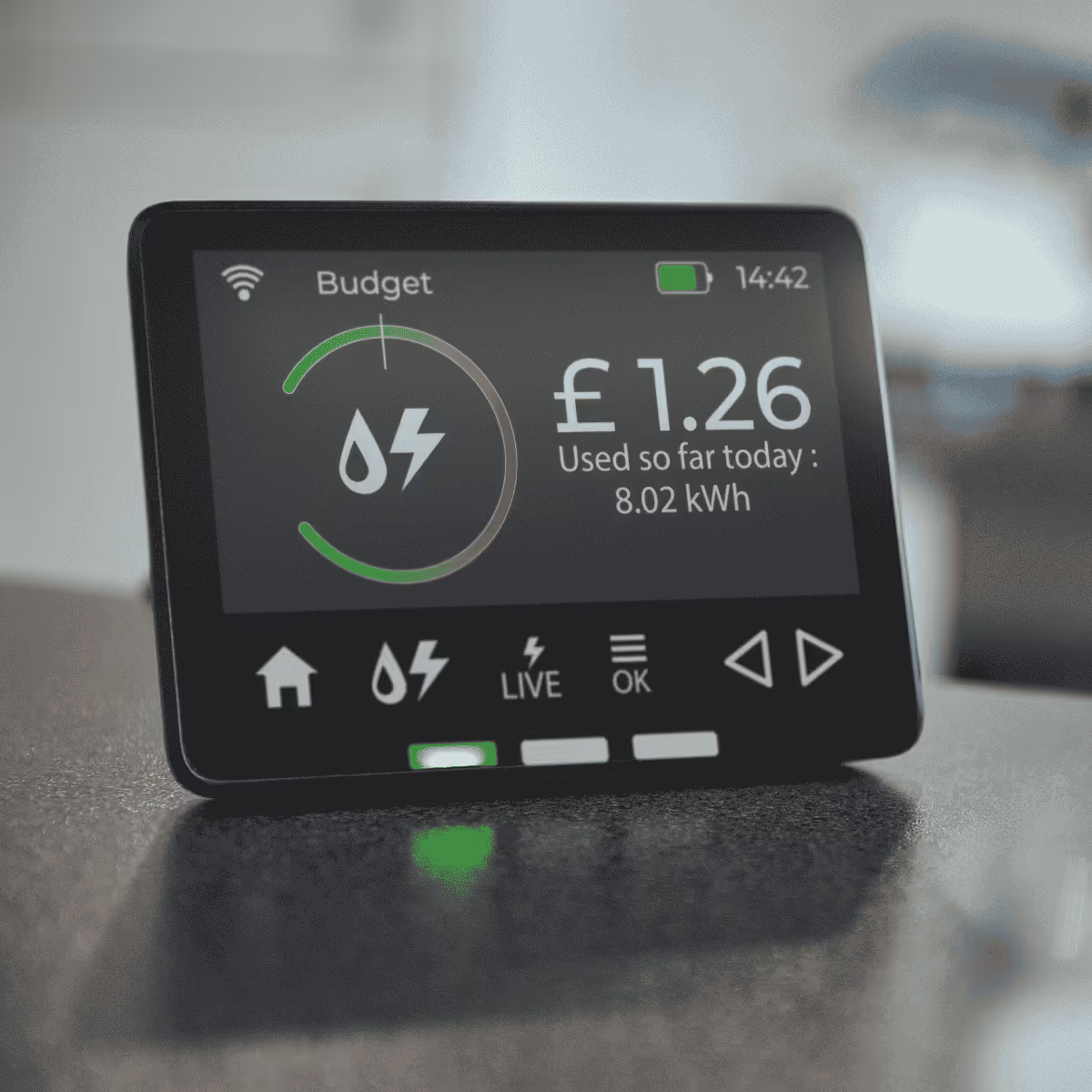
How technology is transforming commercial real estate
Energy efficiency & sustainability
- Smart building technology helps commercial buildings consume energy efficiently, imperative because of today’s high energy costs.
- With IoT sensors and automated systems, buildings can optimise energy consumption by adjusting HVAC and lighting levels based on real-time occupancy and tenant usage patterns.
- Smart buildings incorporate solar panels and energy storage solutions, reducing reliance on traditional power grids.
- Smart building systems can save up to 20–25% of the energy consumed by HVAC systems.
Enhanced occupant experience
- Smart buildings prioritise occupant well-being by ensuring comfortable and adaptable environments.
- Advanced climate control systems, smart lighting, and even personalised workspace settings create a more productive atmosphere for employees.
- Touchless entry systems, voice-activated controls, and AI-powered concierge services enhance user convenience.
- Occupant comfort and satisfaction are commonly viewed as leading metrics for lease renewals, directly affecting the building occupancy, NOI and overall asset value.
Operational cost reduction
- Automation significantly lowers operational costs by reducing waste and optimising resource allocation.
- Predictive maintenance enabled by IoT sensors identifies equipment issues before they escalate, minimising downtime and repair costs.
- Facility managers can monitor real-time data to adjust cleaning schedules, air circulation, and energy consumption.
- Predictive maintenance also extends the lifespan of building systems, enhancing property value and reducing operating costs.
Data-driven decision making
- Smart buildings generate vast amounts of data that are analysed to drive more informed decision-making.
- Building managers can use analytics to track energy consumption, space utilisation, and operational efficiency, leading to improved business strategies.
- AI-driven insights help companies adapt their real estate investments to evolving market demands.
Increased property value and market competitiveness
- Sustainability and efficiency have become top priorities for businesses and smart buildings hold a competitive advantage in the commercial real estate market.
- Properties with integrated smart technologies attract higher occupancy rates, command premium rents, and retain long-term value.
- Compliance with green building certifications such as LEED (Leadership in Energy and Environmental Design) enhances the appeal of these properties to eco-conscious investors.

Smart buildings are revolutionising the commercial real estate industry. They offer unparalleled benefits in energy efficiency, cost savings, and occupant experience. Smart buildings will likely continue to appreciate as the market prioritises sustainability and efficiency.
Property management software is revolutionising how businesses oversee lease management, property accounting and facilities management. Automating workflows, streamlining operations, and leveraging real-time data analytics are essential for maximising efficiency and tenant satisfaction.
Stay ahead of the curve—invest in smart property management solutions today and future-proof your business.
Don’t miss these related posts

Positioning your commercial property management business for sale
For decades the size and profitability of a Commercial Real Estate Firm property management business has been at the core of the overall agency value. Many partners and directors of these companies see their commercial rent roll as forming part of their retirement plan or superannuation, should they ever decide to sell completely or sell their shares internally to the next generation of property professionals.
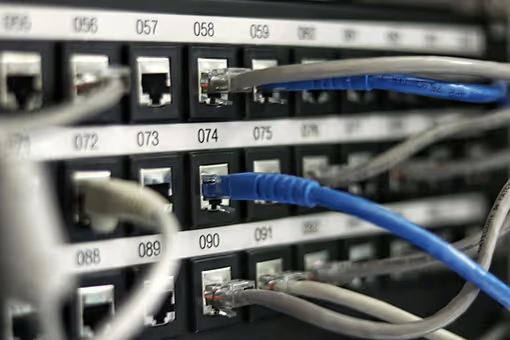
How secure is my data in the cloud?
With the whole world moving “online” it seems, maintaining data on your own internal computer servers is fast becoming yesterday’s solution. SaaS (Software as a Service) is the way that most businesses are now moving. This is where the software provider also “hosts” your data, in addition to providing the base code and processing power that drives the software solution. As the threat of sophisticated cyber-attacks grows, knowing that your data security is taken care of by a trusted partner, means you can focus your time and resources on your core business.
We’re driving technology for Commercial Property Management

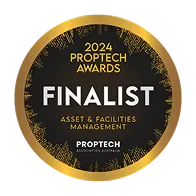

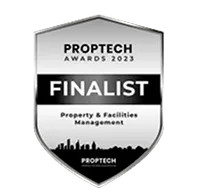


Start winning more listings and power your business with RexCirrus8






